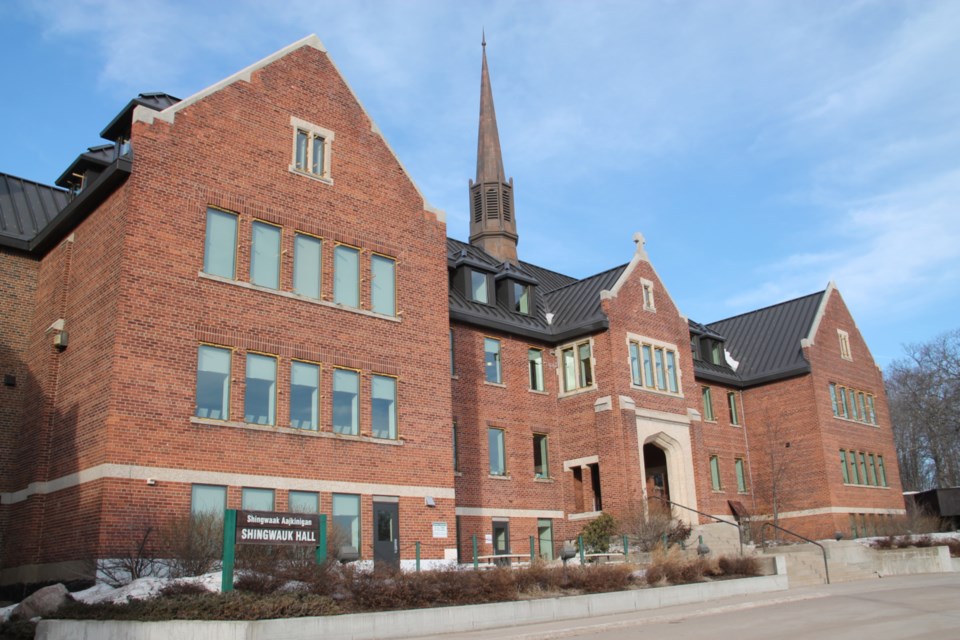Planning for the introduction of new graduate programs this fall, along with planning for both an Indigenous centre of cultural excellence project as well as a new mental health and addictions research and training institute, were among key initiatives highlighted Thursday at a meeting of the Algoma University board of directors.
As Algoma U moves into the final stages of creating its next three-year strategic plan, slated for approval in June, the board convened to learn more about progress on current strategic priorities as well as the 2023-24 operating budget.
During the presentation of the March 2023 President’s Report, president and vice-chancellor Asima Vezina highlighted the initiatives.
“As we write the next chapter of this university’s history, I predict it will be one steeped in our special mission and marked by creativity, expanding partnerships and community impact,” Vezina said in a news release.
With the recent addition of two master’s degrees, one in biology and one in computer science, Algoma continues to prepare for the inaugural graduate student intake this fall.
Both programs will foster increased collaboration between academics, government, industry, and community while producing graduates with the critical thinking, analytical, and communication skills needed in their respective disciplines, the university said.
These focus areas are critical in supporting the local and regional economies served by Algoma while supporting organizations and companies that require access to talent, such as environmental research, software development, project management and data analytics.
Meanwhile, the VP of finance and operations informed the board that the Mukwa Waakaa’igan project team is working through the final stages of design completion.
The university said the building is envisioned to expand on the Shingwauk Residential Schools Centre’s prominence as a centre of excellence for the country, one that respects and builds on over four decades of work by the Children of Shingwauk Alumni Association to preserve the history and significance of the site and residential school legacy while also focusing on the future and support for enhancing the university’s aspirations to build its capacity in cross-cultural and global Indigenous teaching, learning and research experiences.
In addition, the board was apprised of efforts to finalize a collaborative agreement with the Northern Ontario School of Medicine University (NOSMU). The immediate goal of the partnership will be implementing phase one of the Mental Health and Addictions Research and Training Institute.
With hubs planned in Sault Ste. Marie and Brampton, similar discussions with potential partners such as Toronto Metropolitan University are under way.
Through partnership and the expansion of health science programming on both campuses, Algoma hopes to support community needs through increased pathway opportunities to medical and health-related careers in both communities.
“This is an exciting time for Algoma University as it enters the next chapter of its evolution,” said Chancellor Mario Turco, who chaired the meeting in the chair’s absence. “It is wonderful to see the partnerships, the investments, the impact and the growth.“
The next meeting of the Algoma University board of governors is set for April 27.
